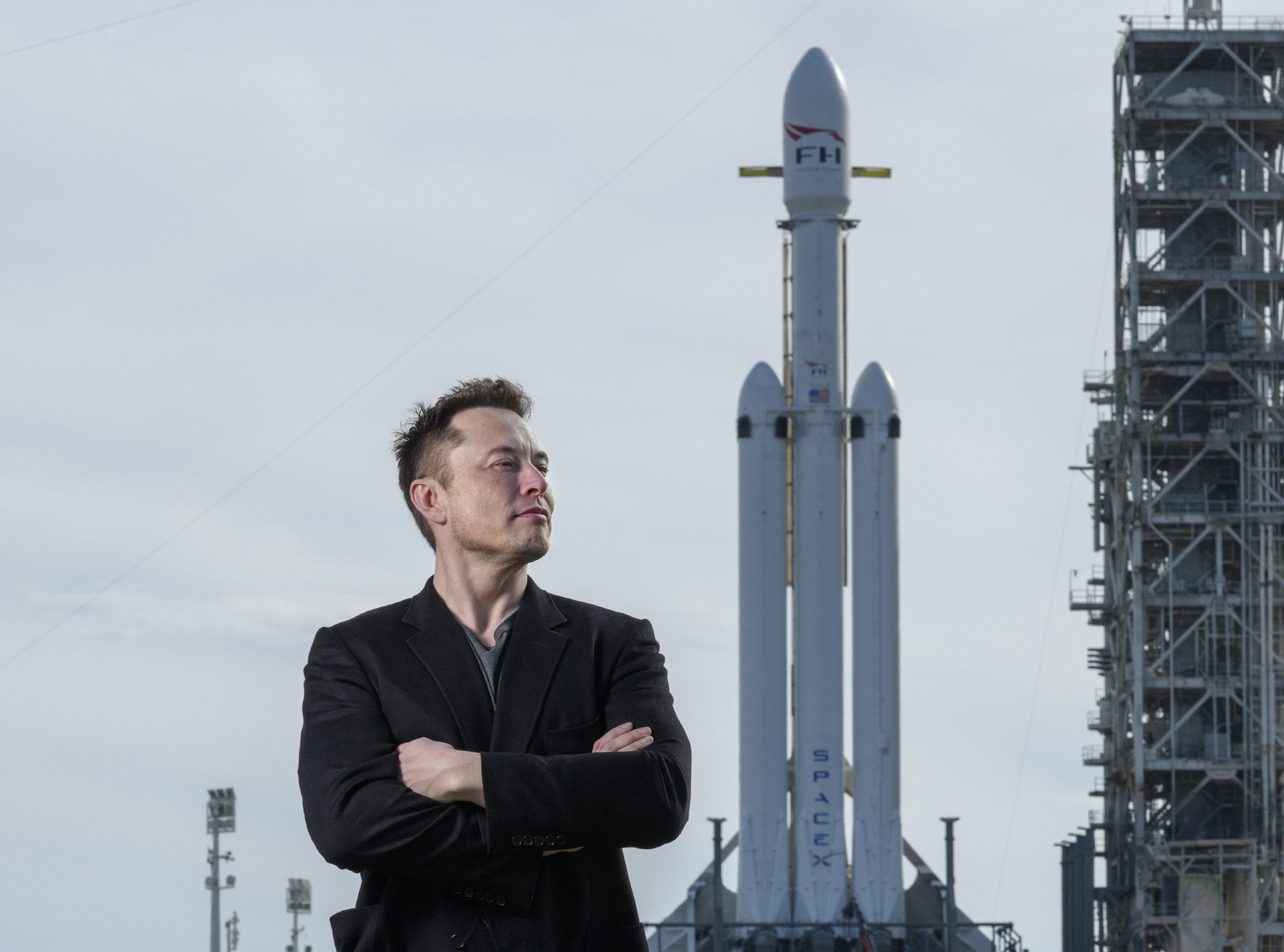Declan Ganley’s Rivada Networks company wants to deploy a significant new system of 600 space satellites linked by lasers to deliver a “pole to pole” global broadband network that will compete with Elon Musk’s Starlink and Amazon’s Kuiper space satellite systems, according to the company.
Rivada has bought a controlling stake in Trion Space, a Liechtenstein firm that holds a license or “filing” with the International Telecommunication Union for the spectrum required for the project.
Last year, it was reported that Trion planned to spend up to €4 billion on the system, which has now been taken over by Rivada.
Trion ran into problems with Liechtenstein’s telecommunications regulator last year over a variety of concerns, including money, after local claims that the company’s project may eventually be backed by organizations tied to Chinese government agencies.
Rivada moved in to buy an 85 percent interest from the previous consortium, which was managed by Michael Frommelt of Liechtenstein.
Mr. Ganley is still attempting to buy out the remaining 15% of Trion, which is controlled by a German business whose investors include individuals from China. However, ultimate management of the space satellite project now rests with Rivada Space Networks, a newly formed German business that is a direct subsidiary of the Irishman’s Europe-US telecommunications conglomerate.
Industry gathering
Rivada made the announcement this week at Satellite 2022, a major industry conference in Washington, DC. Rivada is now funding the project with the help of other investors who have previously worked on projects with Mr. Ganley’s firm.
However, Rivada said that once the project is implemented, it would seek more equity and loan financing. The satellite system will be deployed between 2024 and 2028, according to Rivada. The project will consist of a “constellation” of 600 linked low-earth orbit (Leo) satellites orbiting 1,000 kilometers above the globe, allowing it to establish a worldwide broadband network with speeds “comparable to or greater” than traditional fiber networks, according to the company.
Rivada intends to sell the network wholesale to telecommunications firms, cloud computing and data corporations, and maybe governments for non-military use. It is presently in talks with possible hardware partners and corporate clients to assist it to expand up the network.
Ka spectral range
The Rivada Space Networks project will make use of 4,000 megahertz of the so-called Ka spectrum, which is part of Liechtenstein’s previously unused ITU allotment. The Ka-band is a high-speed band that has previously been utilized by various satellite systems, notably Starlink, which is owned by billionaire Elon Musk’s SpaceX corporation.
Rivada claims that the spectrum allotment covered in its ITU “filed” is senior to that covered in Starlink’s and Kuiper’s registrations, implying that its satellites would have precedence if their trajectory brought them close to those of its competitors.
“As a corporation, Rivada hunts spectrum,” Mr. Ganley told The Irish Times from Washington.
“The Leo satellite constellations carry vast swaths of spectrum. We aim to eliminate entrance barriers and create an open-access system. Having 4,000 megahertz of spectrum is significant, and our submission is a top priority,” he said.
Mr. Ganley said that the project’s former owners with an 85 percent Trion interest wanted it to be “in excellent hands.” Rivada allegedly contacted Mr. Frommelt about a transaction, according to him. “He recognized in us the capacity to execute,” says the narrator.

